Yorkshire Faces First UK Hosepipe Ban of 2025 Amid Severe Drought
Yorkshire Undergoing First Hosepipe Ban of 2025 Amidst Severe Drought Conditions
In a significant move reflecting the escalating impact of climate change, Yorkshire Water has announced the UK’s first hosepipe ban of 2025. The restrictions, which come into effect on Friday, will affect over five million residents across Yorkshire, parts of North Lincolnshire, and Derbyshire. This measure underscores the severity of the current water scarcity, triggered by an unprecedentedly dry and warm spring that has left reservoirs at critically low levels.
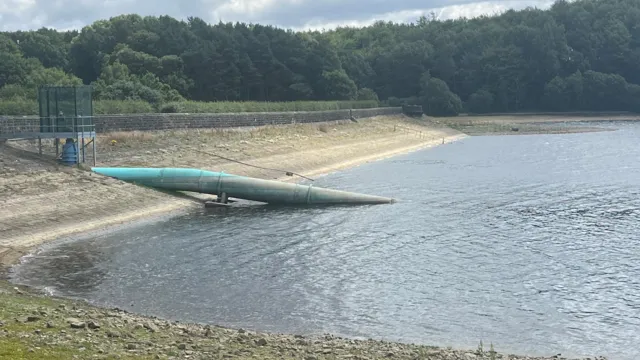
The region has experienced its driest spring on record, with rainfall between February and June plummeting to just 15cm – less than half the average expected for this period. This scarcity has led the Environment Agency to officially declare a drought across Yorkshire last month. Dave Kaye, Director of Water at Yorkshire Water, emphasized the necessity of these restrictions: “The restrictions are intended to make sure we have enough supply for the essential needs of people across the region this year and next, as well as making sure we are able to protect our local environment.”
Impact and Restrictions
The ban prohibits the use of hosepipes for various activities, including watering gardens, washing vehicles, and filling ornamental water features or paddling pools. Non-compliance can result in a hefty fine of up to £3,000. This is a stark reminder of the challenges posed by increasingly erratic weather patterns, with England having already recorded its warmest June and the driest spring in 132 years.
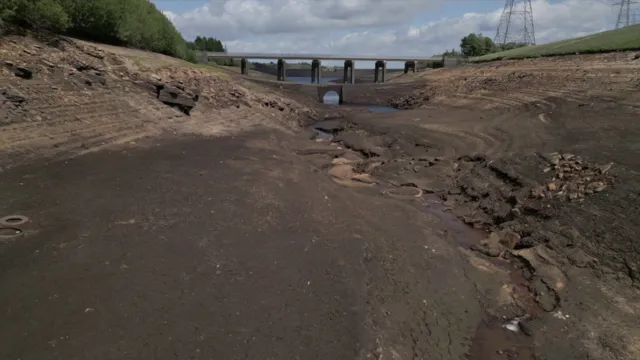
Yorkshire Water reports that reservoir levels currently stand at just over 50%, a significant drop from the usual early July average of around 80%. Mr. Kaye noted that while recent rainfall has provided some minor relief, the sustained high temperatures and continued dry weather have amplified water demand. “With more dry weather forecast in the coming weeks, it is likely our stocks will continue to fall. We need to act now to maintain clean water supplies and long-term river health,” he stated.
Long-Term Outlook and Water Management
The company has warned that the ban may need to remain in place until winter, depending on rainfall patterns. Yorkshire Water has been working to address water supply issues, including finding and fixing leaks, which have reportedly reached their lowest ever level in the region. However, the situation raises critical questions about the long-term robustness of the region’s water supply. Yorkshire’s reservoirs have lost half their capacity since January, a rapid decline attributed not only to low rainfall but also to a growing population and the absence of new reservoir construction since 1966.
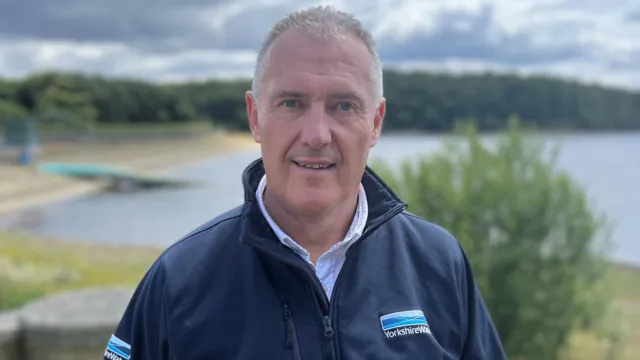
While the immediate measures aim to mitigate the current crisis, the recurring nature of such restrictions—this being only the third in Yorkshire in 30 years, with the last in 2022—suggests a need for more fundamental changes in water management. As climate change continues to bring more frequent dry spells, and with the population steadily increasing, water restrictions are likely to become a more common feature of life in Yorkshire and potentially across the UK. The company’s proactive stance in implementing the ban, though impactful for consumers, is a necessary step to ensure water security and environmental protection in the face of these mounting challenges.
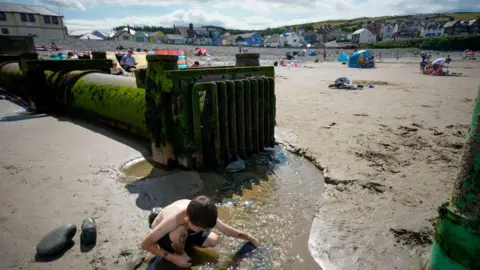
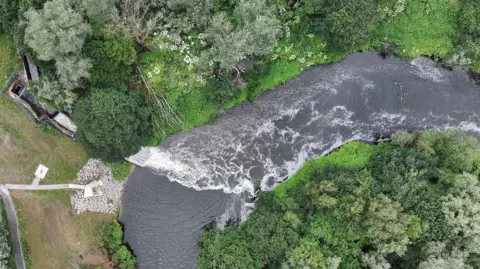

Post Comment